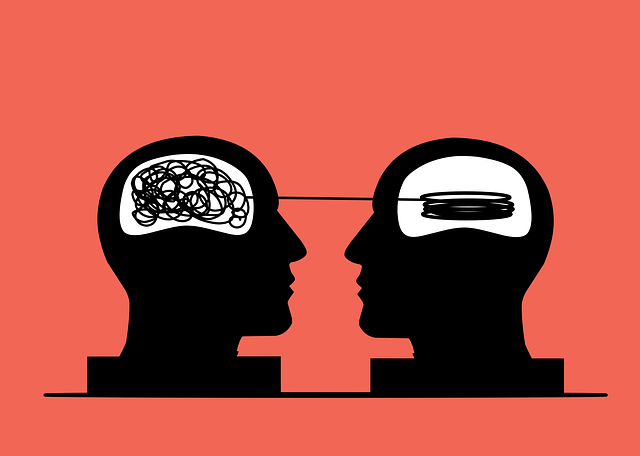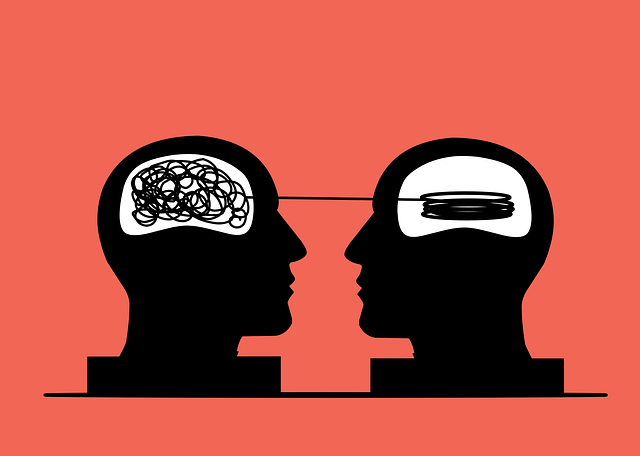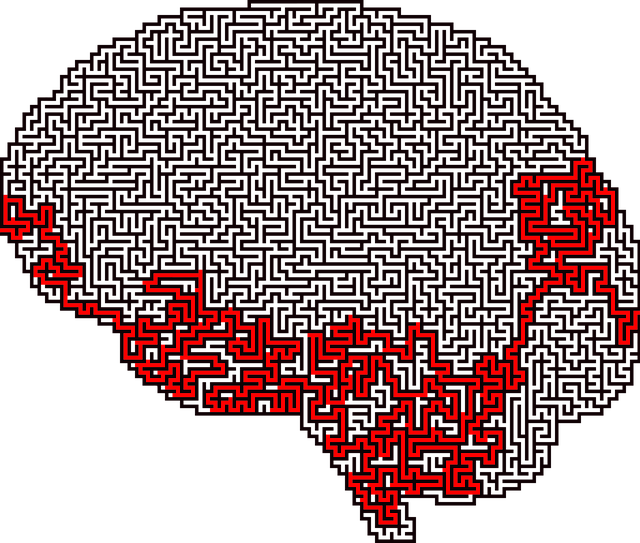Mental health policies play a pivotal role in providing Therapy for Young Children with Developmental Disabilities, addressing critical access issues and quality concerns. Evidence-based practices, such as compassion cultivation, are integrated into policy analysis to prevent healthcare provider burnout. Advocacy groups lobby for policies prioritizing mental health services across schools, communities, and healthcare settings, leading to increased availability of specialized therapy programs like mood management and trauma support. This holistic approach enhances resilience in young children, empowers caregivers, and fosters a culture where mental wellness is prioritized through cultural competency training, improved self-care practices, and public awareness.
Mental health policy analysis and advocacy play a pivotal role in shaping support systems for young children with developmental disabilities. This article delves into key aspects, beginning with an understanding of mental health policies and their profound impact on these vulnerable kids. We explore the power of advocacy in improving therapy access and analyze existing systems to uncover barriers hindering mental healthcare. Finally, we present effective strategies for policy change, empowering action to enhance support for children with developmental disabilities and ensuring they receive much-needed therapy.
- Understanding Mental Health Policies and Their Impact on Young Children with Developmental Disabilities
- The Role of Advocacy in Shaping Effective Therapy Access for Kids
- Analyzing Existing Systems: Barriers and Challenges in Providing Mental Healthcare
- Strategies for Policy Change: Empowering Action for Better Developmental Disability Support
Understanding Mental Health Policies and Their Impact on Young Children with Developmental Disabilities

Mental health policies play a pivotal role in shaping the lives of young children with developmental disabilities. These policies dictate access to essential services like therapy for Young Children with Developmental Disability, ensuring they receive the support needed for their holistic development. Understanding and advocating for evidence-based practices, such as compassion cultivation techniques and empathy building strategies, are crucial components in policy analysis. By integrating these approaches alongside traditional therapeutic methods, policymakers can mitigate burnout prevention among healthcare providers while enhancing the overall quality of care.
Effective mental health policies should promote compassionate environments that foster resilience in young children with developmental disabilities. This involves not only providing direct therapy but also training professionals in burnout prevention and cultivating a culture of empathy within support systems. Such strategies ensure that these vulnerable populations receive holistic, long-lasting care tailored to their unique needs.
The Role of Advocacy in Shaping Effective Therapy Access for Kids

Advocacy plays a pivotal role in shaping effective therapy access for young children with developmental disabilities. By championing the needs of this vulnerable population, advocates ensure that evidence-based practices and resources are readily available to support their emotional well-being. Through persistent efforts, they lobby for policies that prioritize mental health services within schools, communities, and healthcare settings. This includes securing funding for specialized therapy programs, such as those focusing on mood management and trauma support services tailored for children.
The impact of advocacy is evident in the increased availability of therapeutic interventions aimed at fostering resilience and healthy coping mechanisms. By promoting self-care practices and integrating them into mainstream mental health discourse, advocates empower both children and their caregivers. This holistic approach not only enhances access to treatment but also cultivates a culture where mental wellness is prioritized and supported on a broader scale.
Analyzing Existing Systems: Barriers and Challenges in Providing Mental Healthcare

Accessing quality mental healthcare is a significant challenge for many individuals, especially those with developmental disabilities. Existing systems often fall short in catering to the unique needs of this population. Barriers such as limited specialized services, inadequate insurance coverage, and a shortage of trained professionals create substantial obstacles for young children requiring therapy.
Cultural competency training among healthcare providers is crucial in overcoming these challenges. Enhancing self-care practices and raising public awareness about mental health can also contribute to a more inclusive and responsive healthcare system. Currently, many families struggle to find specialized therapy for their children with developmental disabilities, highlighting the urgent need for policy interventions and advocacy to ensure equitable access to mental healthcare services.
Strategies for Policy Change: Empowering Action for Better Developmental Disability Support

Empowering action is key when advocating for improved support systems for young children with developmental disabilities. Policy change strategies should focus on enhancing access to therapy, ensuring mental health professionals are equipped with effective crisis intervention guidance, and implementing burnout prevention measures. By integrating these approaches, we can create a more robust framework that promotes early intervention and long-term well-being for this vulnerable population.
Advocacy efforts must also address risk management planning, which is crucial in mitigating potential hazards within the mental health care system. This includes establishing guidelines for screening, assessment, and treatment protocols tailored to developmental disabilities. Such proactive measures will not only enhance service delivery but also foster a more inclusive and supportive environment for young children and their families.
Mental health policy analysis and advocacy play a pivotal role in ensuring accessible and effective therapy for young children with developmental disabilities. By understanding the impact of current policies, recognizing the power of advocacy, and identifying systemic barriers, we can drive meaningful change. The strategies outlined in this article empower stakeholders to navigate challenges, ultimately fostering supportive systems that enhance the lives of these vulnerable kids. Together, through collective action and policy reform, we can revolutionize mental healthcare for developmental disabilities, ensuring every child receives the support they need to thrive.














